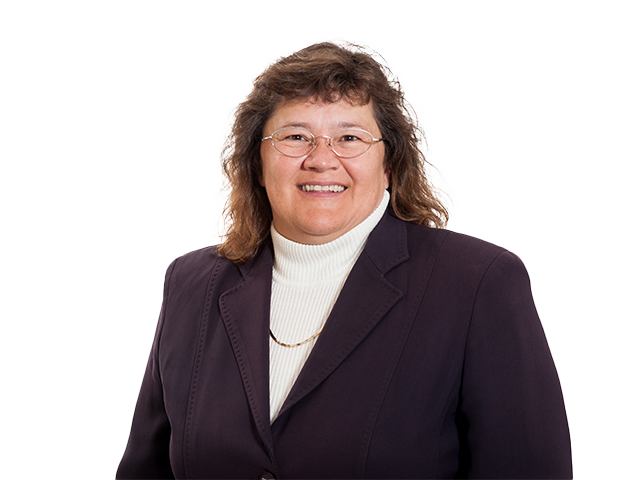Meet Diane
Diane is a shareholder on the Environmental practice in the Milwaukee office. Her practice has focused on Environmental law issues for over three decades.
Over her career, Diane has actively represented clients in brownfield redevelopment projects, superfund sites, hazardous waste site closure, site remediations and permitting and enforcement matters arising under all major environmental programs including the Clean Air Act, Clean Water Act, Resource Conservation and Recovery Act, Toxic Substances Control Act and the Emergency Planning and Community Right to Know Act. She also has a broad range of experience negotiating insurance coverage for environmental liabilities in transactional contexts and in connection with the operation of on-going businesses. In addition, she has extensive experience conducting due diligence inquiries involving acquisition and sale transactions on behalf of buyers, sellers and lenders involving not only Wisconsin-based facilities, but also national and international facilities. Her experience encompasses a wide range of industries, such as foundries, metal plating and casting, anodizing, material fabrication, injection molding, extruding, chemical manufacturing, and the paper and food industries and numerous others. She has been very active in brownfield redevelopment projects and has co-authored a book entitled, A Wisconsin Brownfield Primer, a 250-page summary of environmental laws in Wisconsin that impact the redevelopment of contaminated property (published by the University of Wisconsin Law School.)
She is a former member of the Board of Directors of the Environmental Section of the State Bar of Wisconsin and has also served as the co-chair for the Environmental Section of the Milwaukee Bar Association.
Education
Juris Doctor, University of Iowa College of Law, 1990, with high distinction, Order of the Coif
Bachelor of Arts, University of Iowa, 1987
Activities
State Bar of Wisconsin - Environmental Law Section Member
American Bar Association - Natural Resources Section Member
American Bar Association - Committee Newsletter Vice Chair for Climate Change, Sustainable Development and Ecosystems Committee
Prairie Hill Waldorf School, Pewaukee, WI - Board of Trustees
Honors
Recognized in Wisconsin Law Journal’s Powerlist: Environmental Law Attorneys (2025)
Listed in Best Lawyers in America (Environmental Law, 2007 - present)
Recognized as a Wisconsin Super Lawyer (2005 - 2013)
AV Preeminent® Peer Review Rated by Martindale-Hubbell®
Recognized as 2022 Notable Women in Law by BizTimes
Admitted To Practice
WisconsinProfessional Associations
American Bar Association
Milwaukee Bar Association
State Bar of Wisconsin
American Brass Site. Represented the City of Kenosha on the acquisition on the former 28-acre American Brass manufacturing site. This transaction involved the complete liability transfer of all responsibilities for demolition and remediation to a third party contractor and the use of an innovative 30-years cost cap and PLL insurance policy underwritten by AIG.
Crandon Mine Project. Represented the Forest County Potawatomi Community in the tribe's effort to oppose the application for mining permits under state and federal laws. The proposal involved one of the most significant zinc and copper underground ore deposits in North America. The matter was successfully concluded by the tribe's innovative buy-out of the applicant's interest in surface and mineral rights associated with the project.
Emerald Park Landfill. Represented the City of Muskego in a contested case hearing opposing one of the largest proposed expansions of a municipal solid waste facility in the state of Wisconsin. At the conclusion of the 18-day contested case hearing, the matter was resolved by a negotiated agreement which awarded the City the largest fee/ton payment for municipal waste negotiated to date in the state of Wisconsin.
Minergy Facility, Winnebago County. Represented Minergy Corp., a subsidiary of Wisconsin Energy Corporation regarding its proposal to site a waste vitrification plant on an old abandoned landfill along the banks of Little Lake Butte de Morts. The siting effort was complicated by the fact that a portion of the landfill had been built on the bed of Little Lake Butte de Mor, which raised significant public trust issues. Several citizens and environmental groups brought suit to prevent its construction. A negotiated settlement was reached. The Minergy facility currently processes substantial quantities of paper mill sludge, transforming it into useful aggregate that is used throughout the state in construction projects.



